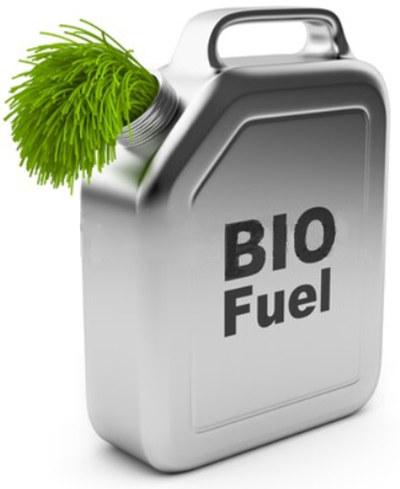As a leading biotechnology company, Lifeasible is committed to promoting the development of biomass conversion technologies, offering technical consulting, project design, and process optimization services for various biomass conversion technologies. Biomass is plant or animal material that can be used as fuel or industrial raw material. They can be not only specially planted energy crops, wood or forest residues, but also waste from food crops, horticulture, food processing, animal farming or sewage treatment plants, such as wheat straw, bagasse, yard waste, and corn cobs. Biomass was used for energy production, heat production, or used as raw materials for a series of products in industrial processes.

Today, traditional energy sources such as coal, oil, and natural gas which emit CH, NOx, CO, CO2, SO2, and H2S are scarce, and the utilization of them results in global warming and increasing air pollution. In addition, traditional energy reserves are limited, while global biomass reserves are huge. On the other hand, biomass energy is converted from solar energy and stored in the form of chemical energy. Therefore, biomass is a unique unit for storing solar energy which was originally derived from the light and effects of autotrophic organisms. As the only renewable carbon source, biomass contains huge power and has the characteristics of environmentally friendly and low-cost, such as no net carbon emissions, low sulfur content, and biodegradability. This makes biomass energy one of the renewable energy sources competing in the world. The emergence of biofuel can replace some of the fossil fuel used in the power sector, transportation sector, and urban rural heating. In this case, the comprehensive potential of biomass energy is worth exploring, and research on biomass energy is also very urgent.
The energy in most biomass cannot be directly available and needs to be treated in a specific way, so that the energy is transferred to a kind of fuel that is convenient to utilize, such as biodiesel. In early human societies, people used direct combustion methods to utilize biomass in plants such as wood and branches. After years of technological development and innovation, there are various ways to convert biomass energy. According to the conversion mode, the conversion technologies can be divided into physicochemical conversion, thermochemical conversion, and biochemical conversion. Among them, thermochemical conversion can be divided into direct combustion, gasification, liquefaction, and pyrolysis, while biochemical conversion can be divided into transesterification reaction and fermentation. Biomass conversion products mainly include solid biofuel, biodiesel, bioethanol, biomethanol, methane, H2, etc.
Lifeasible provides technical consulting, project design, and process optimization services for biomass conversion, and is committed to helping customers improve the level of biomass conversion technologies and the quality of biofuel products.
Lifeasible offers a variety of biomass conversion services:
Besides biomass conversion services, Lifeasible also provides biomass pretreatment services and bioenergy characterization services. Welcome to contact us for more information.